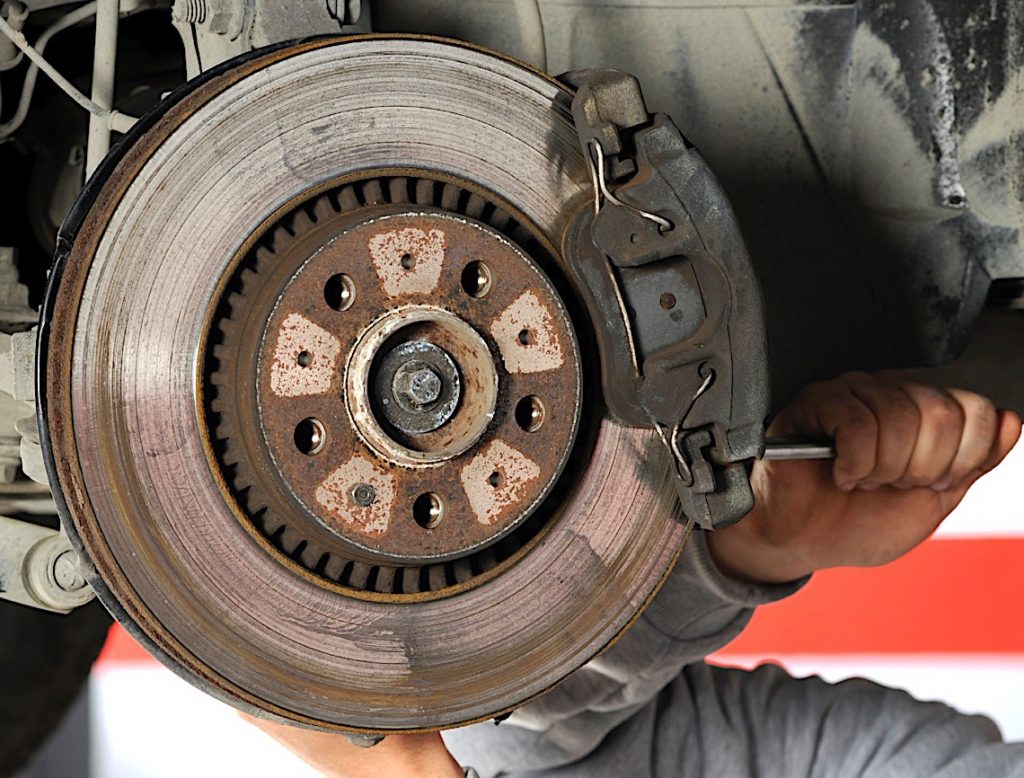 Well, there will be no recalls on GM vehicles for brake line corrosion. But we do get this nifty advisory form NHTSA. I have some problems with the advice given. First, When the brines are dry they do the least amount of damage. When they are activated by water the oxidation process kicks into high gear. So, if you were to do an undercarriage wash at a car wash (15-20 seconds at the most) it could be activating the brines and salts. Also, most car wash undercarriage washes do not remove all of the corrosive compounds, especially on top of the fuel tank where a lot of ruptures were occurring.
Well, there will be no recalls on GM vehicles for brake line corrosion. But we do get this nifty advisory form NHTSA. I have some problems with the advice given. First, When the brines are dry they do the least amount of damage. When they are activated by water the oxidation process kicks into high gear. So, if you were to do an undercarriage wash at a car wash (15-20 seconds at the most) it could be activating the brines and salts. Also, most car wash undercarriage washes do not remove all of the corrosive compounds, especially on top of the fuel tank where a lot of ruptures were occurring.
NHTSA Safety Advisory: Preventing Brake Pipe Failure Due to Corrosion in Older Vehicles
ISSUE: Model year 2007 and earlier vehicles may be susceptible to brake pipe corrosion that can occur after seven to eight years of exposure to winter road salts. If brake pipe corrosion is not properly addressed, there is the potential of brake pipe failure which could result in a crash.
Consumer Actions to Protect Against Brake Pipe Corrosion in Older Vehicles
- Remove road salt that leads to corrosion:
- Thoroughly clean your vehicle, including the undercarriage, at the end of the winter
- Regularly wash the undercarriage throughout the winter.
- Monitor your brake system, including brake pipes, and other undercarriage components for corrosion or signs of brake failure:
- If you own an older vehicle in a cold-weather state, have a qualified mechanic or inspection station inspect the vehicle at least twice a year. If there are any signs of corrosion, inspect the brakes more frequently, at least every time you bring your vehicle in for service.
- Keep an eye on brake fluid level. Watch for changes in how your brake pedal feels and for signs of fluid leakage beneath the vehicle. All of these could indicate a leak in your brake pipes.
- If you find severe corrosion that causes scaling or flaking of brake components (see the photos below), replace the entire brake pipe assembly:
- Do not replace just a portion of the assembly. Failure in one portion of the brake pipes generally means other sections of pipe are at risk of failure.
- Check with your manufacturer to see if they have pre-fabricated brake pipe kits to make replacement easier and potentially less expensive.
Background
NHTSA recently conducted an investigation of brake pipe failures due to corrosion in a large population of 1999 through 2003 model year full-size pickup trucks and sport utility vehicles and found that the failures result from end-of-life wear-out. Data show that this corrosion problem is linked to brake line coating materials that several manufacturers used during this time period. Vehicles driven in the following salt states are more prone to corrosion-related issues: Connecticut, Delaware, Illinois, Indiana, Iowa, Maryland, Massachusetts, Maine, Michigan, Minnesota, Missouri, New Hampshire, New Jersey, New York, Ohio, Pennsylvania, Rhode Island, Vermont, West Virginia, Wisconsin and the District of Columbia.
